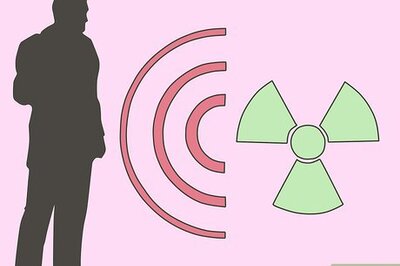
views
BHUBANESWAR: The Supreme Court on Tuesday rejected the revision petition of the Odisha Electricity Regulatory Commission (OERC) against its September 30 order, triggering speculation of a hefty power tariff hike.The apex court asked OERC to wait for the order of the Appellate Tribunal for Electricity (ATE) on its revision petition against the September 2 judgment of the tribunal. If the regulatory commission is not happy with the ATE order, it is free to approach this court.OERC moved the Supreme Court following its directive to implement the ATE order directing the State Regulatory Commission to determine the cost of power supply of each category of consumers and the cross subsidy given by consumers in the high tension (HT) and extra high tension (EHT) categories.Several industries including Adhunik Metaliks challenged the OERC tariff order for the financial year 2010-11 and 2011-12. They contested the determination of electricity tariff on the average cost of supply. The petitioners urged ATE to direct OERC to decide cost of power tariff for individual category and do away with the cross subsidy.Finding merit in the case, the ATE directed the regulatory commission to find out the cost of supply voltage wise and determine the cross subsidy given by HT and EHT category of consumers for the previous and current financial years. It also directed to prepare a road map for progressive reduction of the cross subsidy.The ATE fixed November 30 for disposal of the matter and directed the commission to allow all the affected parties to put their case before taking any decision.Since OERC has started the process for determination of power tariff for the next financial year, it pleaded the apex court to direct the ATE for more time. The apex court, however, directed OERC to approach the ATE on the issue.Although the National Tariff Policy calls for a cost-based tariff, no state follows it because of the high T&D losses in domestic supply category. While many states are providing subsidy, the Odisha Government has stopped assisting the sector for nearly 15 years. Given the high level of transmission and distribution (T&D) losses, if the State Government does not bear the burden of subsidy, the domestic consumers will end up paying more.While the average cost of power for the current financial year is ` 4.08 per unit, the domestic consumers are charged ` 3.01 per unit.




















Comments
0 comment